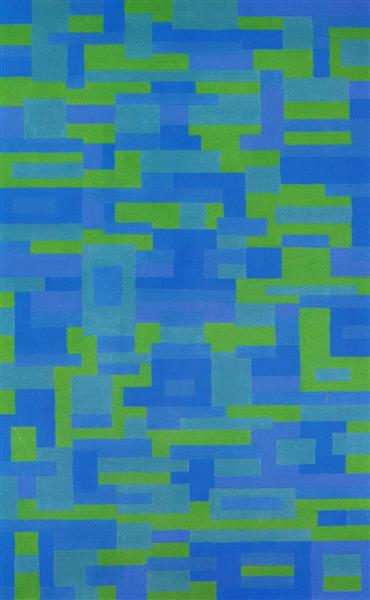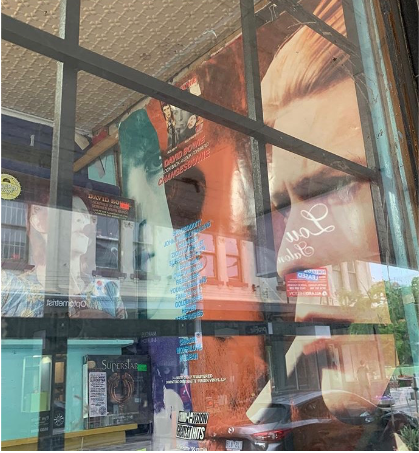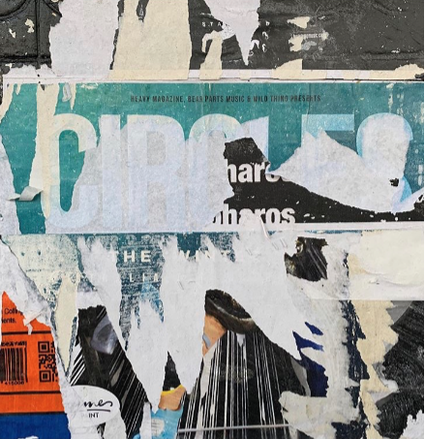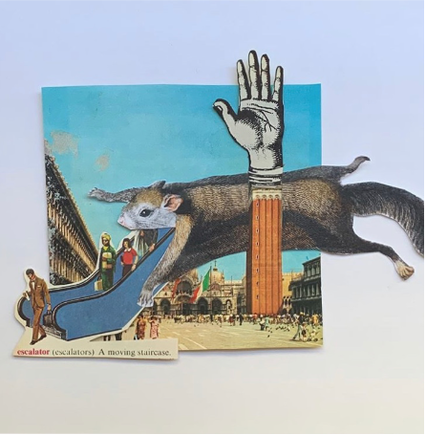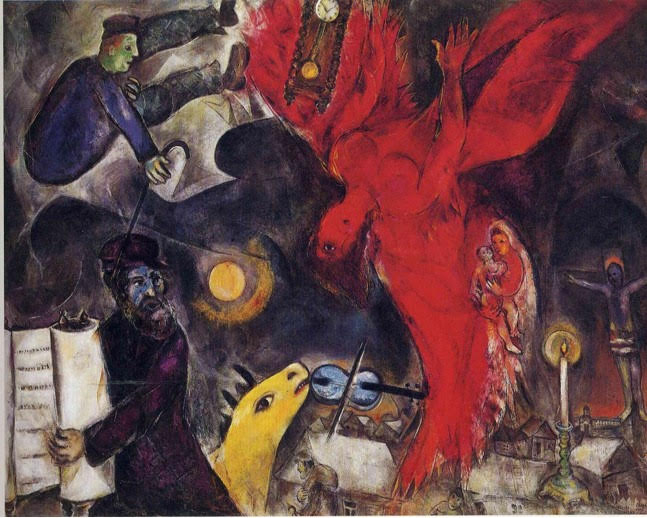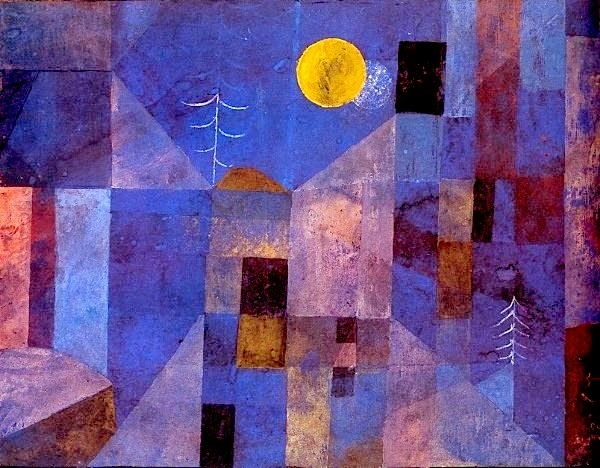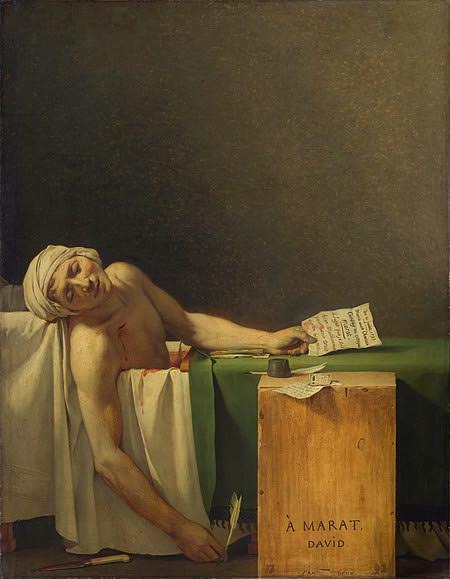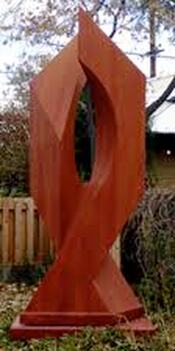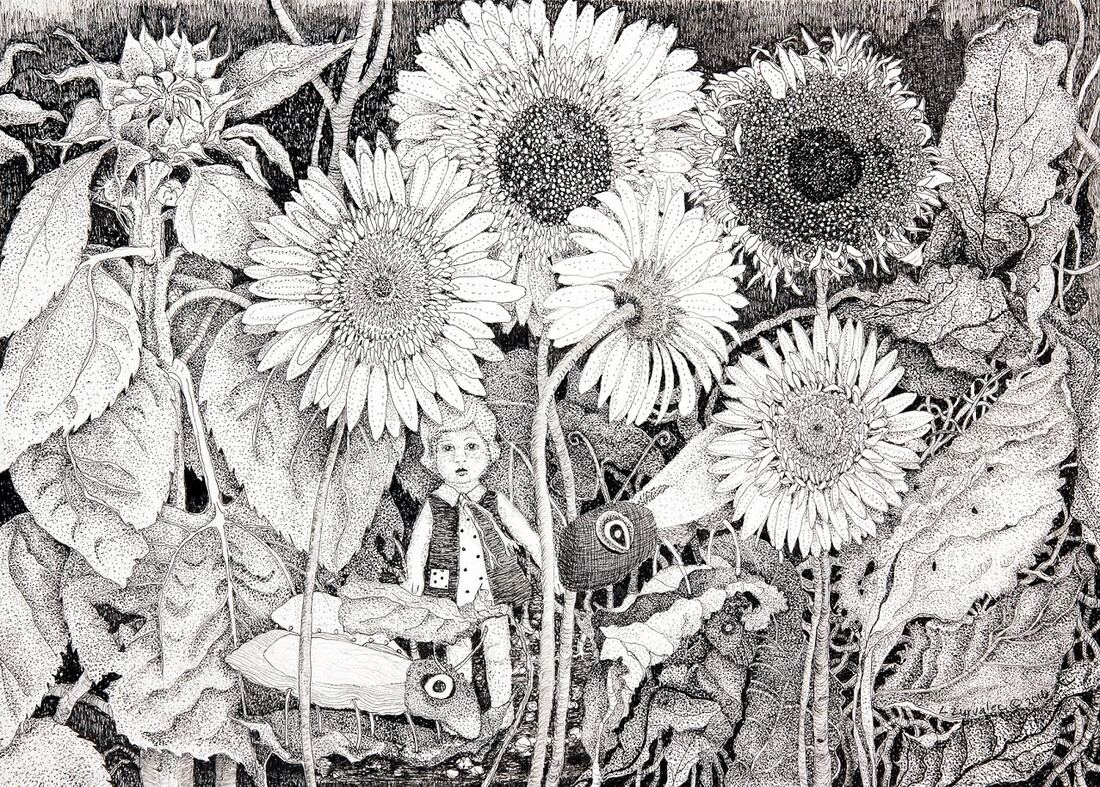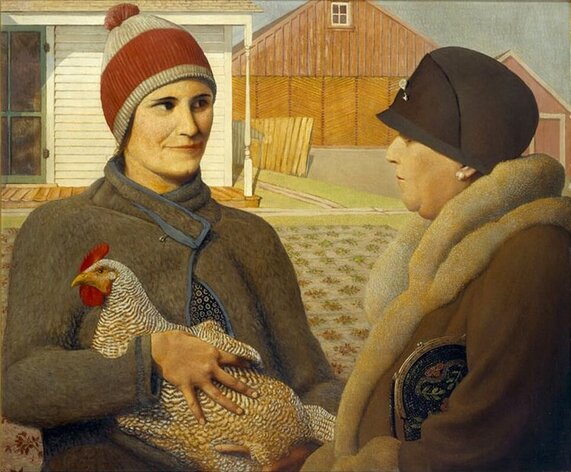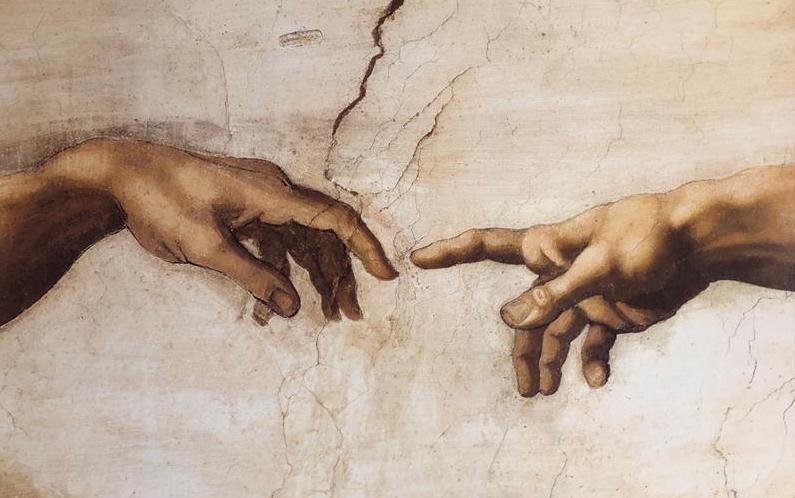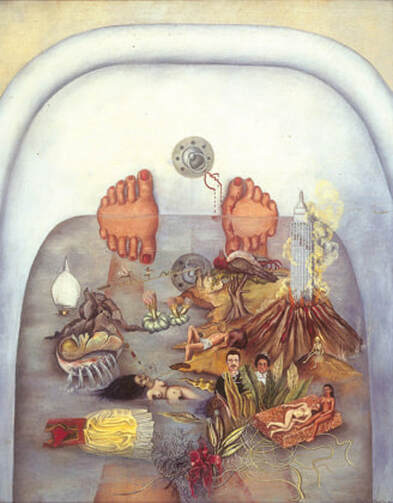|
Beat Blue Green The ceiling spills over a little its corner dividing green and blue butterflies kiss chase mangoes sallow & square snakes way into the blue sky foot of the world of which buildings like grey rashes because every morning socks like earth knows your heart will stab you with grass if naked foot a butterfly drops dead it was not a kiss an injection leaves of winter are a sadness but I too am just an only reflection Ajay Kumar Ajay Kumar is a student & writer based in Chennai, India. He has served as an editor for Abhivyanjana Magazine, a local magazine aimed at highlighting the works of student-writers. His poems have been published in various online journals, most recently in The Bangalore Review, Amethyst, Eunoia & Runcible Spoon among others.
0 Comments
There’s Another World — It’s This One First, checking into a boutique hotel. London, Friday evening, set for the weekend, a saxophone against a strong bass groove sounding familiar. Soon falling into soft, cool sheets and dreaming of pyramids, the canvas tent flapping in the breeze. Upon glancing outside, it was Dresden burning, a drummer keeping the beat. Then, returning to Charing Cross Road, a piano floating from a wine bar, such playful music, like a friend from childhood catching us as we flew between trees. And, on feeling lost, a warm voice speaking, “Welcome home / where in the world you been?” Michael Mintrom The Calligraphy of Summer Nights Handwritten notes tell of weeks spent near a calm beach, far from the city. Poets, novelists, accountants, artists, all making sense, making sentences, making books, making bookings, making art, making artefacts of their lives. Lost in quiet, in a private calligraphy, they rendered letters that formed words. What should we make of summer nights, when flickering candles chase shadows from the porch and cicadas emit their low buzz? Everyone seemed so happy back then, each year overwriting the one before. Michael Mintrom Each Day, A New Adventure Blue sky spread above the town square. A huge hand slipped up and out from the cenotaph. No one saw it. A loud voice repeated ‘Go in peace.’ No one was there to hear it. That’s when the enormous squirrel descended. That’s how people arrived today. They emerged with their belongings on an escalator from the squirrel. They walked across the square. (None observed the hand nor detected the voice. The squirrel, they sensed, had always been there.) Then came time for the running race. They drank espresso and got to work. Michael Mintrom Michael Mintrom lives in Melbourne, Australia. He has published poetry in various literary journals including Anak Sastra, Ekphrastic Review, Landfall, Literary Yard, Meniscus, and Quarterly Literary Review Singapore. He is a past winner of the University of Canterbury's MacMillan Brown Prize for Writers. The Falling Angel As you take a step into the mind You shall see unfamiliar world Where even the soul has eyes For you never know what a dream can find. Where imagination is the only rule, We're right is paradox, left is ambiguity. The images will reassemble, To form an architectural jewel. The Angel of red slowly descends down, With every being turning to look. The candlelight mirrors the burning sun Lighting the night sky of the small town. A bearded man halts while holding a scroll. A clock follows the Angel of red. A woman cradles her only child. Another man emerges out the sky with a hole. The lamb continues to play its violin. Ester Belokurov Ester Belokurov is an 18 year old living who grew up in Scotland and now lives in Israel. No known or published works. She works in a kindergarten and writes poetry in her spare time. Nocturne I am listening to the moon again, its high octave verse of light. Playing a tune on my heart, night a tapestry of blue notes. I am dreaming in blue again - midnight, cerulean, teal, lapis, turquoise, navy - the ink of joy untold. I am beginning to believe again in a future squared true. Fractured moments reflected whole, horizon struck gold. I am listening to my heart again: acres of blue, beauty to behold. How far to touch the moon? A giant leap of truth. I am dreaming of new again. Blue moon chance, gold in tow. Elementally in love again, and the moon, it knows. Siobhán Mc Laughlin Siobhán is an avid poetry lover from Ireland. She has a BA in English and a MA in Creative Writing and has been writing poetry for a long time, but has just begun submitting. She has been published online including Poetry 24 and The Ekphrastic Review, as well as local literary publications. She frequently blogs about writing and poetry and loves nothing more than a good book and a good cup of coffee. One Less Pigeon Coos and visions of feathers puncture my jet-lagged, sheet-thin sleep. I drift in and out, refusing to accept it, this new invasion of pigeons. I left the house for less than two weeks, thinking it would be safe this time of year. These Toronto winters of grey sleet and freezing rain should not inspire courtship or nesting, yet they are at it again. Months of trying to scare them away from my windowsills and the neighbour’s rain gutter gone to waste. Hours later, in a moment of lucid thought between banks of post-travel fog, I climb up on the bathtub rim to get a better look. There is no cooing now, but a small mound of grey guano and white down on the ledge in front of the window. I scan the neighbour’s side, and that’s when I see it, hanging out of the corner of the trough. The limpness and angle leave no doubt it is dead. I close my eyes, not sure what this means, and step down from the edge only when I start to feel dizzy. Broken wing dropping the cold gutter exposes a still life’s angle The death of an enemy pigeon should not feel depressing. Yet, I struggle to stem the maelstrom of melancholy, inventing house chores to keep my hands busy and my eyes away from the view of the lifeless bird. The house is quiet. Whoever was cooing during the night hasn’t been back. When I start feeling drowsy, hours before bedtime, I allow myself another look. The waning afternoon light has reduced the wing to clean lines and shadows. A stylized death, almost abstract. I suddenly remember this silhouette from somewhere else. It is the same outline and slant of the arm of Marat, dead and dangling off the side of a bathtub in Jacques-Louis David’s famous painting. Life cut short in the middle of his revolutionary acts, stabbed by someone with whom he felt safe. A firm point in my wobbly knowledge of art history. History’s perfect lines engraved on our faces outside museum The cooing returns in the night. Live pigeons, clearly, not the ghost of their friend. They wake me up at a time that would have been right two days ago in Italy but is all wrong here. They sound incredibly close. Homing birds always return to the place where they started, to bring messages, to breed, maybe to die. Humans spent centuries teaching them these tricks, feeding and befriending pigeons, building intricate pigeon lofts on the roofs of their houses. Eons later, unlearning it seems impossible. A few traps and sprays of cold water will not uproot the sense of being safe among humans. I lie perfectly still in my bed, listen carefully to decide if these are mating calls or warning cries or keening. At some point, I doze off again. In the morning, a white feather has mysteriously passed through all barriers and landed on the bathroom floor. Morning light launches illusions of truth, meaning hidden in feathers Hege A. Jakobsen Lepri Hege A. Jakobsen Lepri is a Norwegian-Canadian translator and writer. She returned to writing in 2011 and had her first story published in English in J Journal in 2013. She has since been published widely in Canada and the US. Her most recent work is featured or forthcoming in The New Quarterly, Carve Literary Magazine, untethered Hobart, Agnes and True, Journal of Compressed Arts, Gone Lawn, Belletrist, Crack the Spine, Prism International, The Fiddlehead and elsewhere. You can find her on her on twitter @hegelincanada, Instagram: hege.a.j.lepri and on her website: www.hegeajlepri.ca You know your husband is a good friend of mine, says the blues poet Two doves sit in top branches that have died while below is leafed. They do not call their coo-coo just face south toward New Mexico toward the river that divides north from south. Arms of the sculpture Tango fold around one another embrace the hollow between chest and breast where breathing takes place for the dance no feet on the ground but on a pedestal at the end of a stone path through an arbor through dark purple iris through tiger lilies two ends of a spectrum hard to paint next to each other on a canvas. The birds have not left, another joins them to sing below in the leaves to drift through the night be jostled by wind feel the last rays of sun drifting down be the first to see the moon rising full clouds purpling above the Rockies as the stains of a robust blend of red wine on a marble counter of grey-blue. Kyle Laws Kyle Laws is based out of the Arts Alliance Studios Community in Pueblo, CO where she directs Line/Circle: Women Poets in Performance. Her collections include Ride the Pink Horse (Stubborn Mule Press, 2019), Faces of Fishing Creek (Middle Creek Publishing, 2018), This Town: Poems of Correspondence with Jared Smith (Liquid Light Press, 2017), So Bright to Blind (Five Oaks Press, 2015), and Wildwood (Lummox Press, 2014). With eight nominations for a Pushcart Prize, her poems and essays have appeared in magazines and anthologies in the U.S., U.K., Canada, and Germany. She is the editor and publisher of Casa de Cinco Hermanas Press. Fairy Arthropods and Absence for Lori Zurvalec, in response to her drawing A Fairy Tale: Small Girl Encounters Two Arthropods Through a field of sunflowers, Geraldine searches for Uncle Jake. She remembers hide ‘n’ seek, the game, but forgets the rules, remembers, too, sardines. Sardines signal fun, the way they press together, as if they like each other, eyes staring, half blurred by mustard or silent, crushed-in laughter. Above her head, sunflower blossoms point toward the sun, just as Uncle Jake promised, all but one, which bends toward Geraldine as if to share a secret or tell a story, like Uncle Jake. Where is Uncle Jake? Might she find him? Be sardines with him? Would he answer if she called? Or come to her? If she pleaded? But when she calls and calls, he fails to answer. Geraldine listens, hears sunflower leaves rustle in a restless breeze. She wants to watch the sunflowers turn and turn as the sun trundles across the sky. She points to her fingers, one by one, recalls that the journey of the sun takes all day. She might get hungry and tired. She might forget why she stands alone in this field. Already she forgets. But she discovers arthropods, winged arthropods, insects. Another day, she said the word arthropod and the word insect when Jake repeated them to her, twenty times, once for each finger and toe. And twenty times again. These arthropods seem bigger than they should, sport red and green faces, bright masks she thinks might hide small secrets. Geraldine loves secrets, but only when she knows what they are. The arthropods keep their secrets hidden, hidden like Uncle Jake. The arthropods scramble among the sunflower stalks, chomp raspy leaves with giant mandibles. They tear and grind. Geraldine imagines cows with wings, segmented bodies, giant heads and bulging eyes grazing among the arthropods. The sunflowers turn their faces toward the horizon as the sun paints their yellow petals red. Geraldine pulls her Hi Heidi vest tight around her middle. Some of the arthropods sing; crickets, she thinks. Pleased, she claps three times, then stops. Frowns. Blossoms begin to droop and Uncle Jake has not appeared. Geraldine wonders if sunflowers also follow the moon, if moonflowers sing lullabies, if arthropods play hide ‘n’ seek, if wolves like cricket song. Geraldine begins to sing, first the part of the crickets, then the part of the wolves. When the wolves join the song, the elegy and tears remind Geraldine that Jake departed some other time, before. Last year or the previous year. He’s gone, forever. Mary Stebbins Taitt This poem first appeared in Call & Response: Poets and Artists in Dialogue, Volume 3. Mary Stebbins Taitt is pleased to have had the opportunity to meet the national poets of Slovenia and climb into the snowfield of their tallest mountain Triglav, with an elevation of 2,863.65 metres, where she saw edelweiss for the first time. She has an MFA in Creative Writing in Poetry from Vermont College of Fine Arts and likes to write illustrated children's books for her grandkids. She was nominated for a Pushcart for her poem "A Jungle of Light," was included in McSweeney's Poets Picking Poets, and has received enough rejections to paper a gymnasium. Thelma and Louise They met on a crisp September morning, Each sizing up the other like prizefighters in the ring. Thelma clutched Brad Pitt to her chest Eyeing fancy-pants Louise with a sidelong glance. In her safety-pinned fleece jacket and Striped knit cap lifted from a lost and found box, Thelma felt dowdy next to Louise, who was Dressed to impress like she was going to church Or maybe a funeral. Who wears pearl earrings to a barnyard, anyways? Still, a deal was a deal, and Thelma mustered Her dignity. You’ll take good care of Brad Pitt, now, Won’t you? she asked. Louise sniffed and waved a twenty In Thelma’s face. Just one question, asked Louise. Where did you get that floral rug? It’s divine! Thelma just shook her head as she handed the chicken over. City folk, she snorted. Next thing you know you’ll be asking Me to go road-tripping. This here’s Kansas. There’s not a cliff or canyon for 500 miles. Brad Pitt winked at Thelma and welcomed the morning As only a rooster can. Ann Weil Ann Weil is a former teacher and professor of special education who divides her time between Ann Arbor, MI and Key West, FL. Her work can be read in current or upcoming issues of Amethyst Review, Nine Muses Poetry, Lucky Jefferson, and others. Sonnet for Mando and Michelangelo O’ Baby Yoda—when you reach out your hand to touch Mando’s outstretched finger—the scene points to and paints the Sistine Chapel’s high fresco— those Disney Gods draw from Michelangelo. After the Creation of Adam--the demise of the Empire and Jango and Boba Fett— before the First Order inspired The Rise-- there’s this far reaching moment to connect. Where’s your star-home, Baby Yoda? Why do you protect the child, Mando? In the outer reaches of the galaxy, far from New Republic eyes-- Do your exiled hearts feel the force between your hands? The artist’s bounty blasts this scene in tableau-- there’s Mandolorian in Michelangelo. Eamon O'Caoineachan Click here to view the second image on which this poem is based. Eamon O'Caoineachan is a poet, originally from Co. Donegal, Ireland, but living in Houston, Texas. His work is published in the University of St. Thomas's literary magazines Thoroughfare and Laurels, and he is the recipient of The Robert Lee Frost-Vince D’Amico Poetry Award and the Rev. Edward A. Lee Endowed Scholarship in English at the University of St. Thomas, Houston. He is completing his MA in English and will pursue his PhD in Creative Writing and Literature at the University of Houston. He is working on his first poetry collection and novella. The Burial Buried beneath the weight of uncertainty. The water is murky with decaying relationships. Crying out for The Tower tarot card. The world must end for us to pull our cinder block feet out of this aquatic hellscape. Autumnal walls of the heart. The previous tenants ran their unwashed hands over every ventricle. I am stuck. Limbo is my old flame, My unrequited love, My muse. Drain me like pasta, Pasta water fed into purity. Infection of destruction. We are all on a journey. We only know that someday we will get there but, For now, We gaze at the sky looking for all the answers. The answers we are shielding from ourselves. Courtenay S Gray Courtenay S Gray is a writer and poet from the North of England. She is twenty two years old. She has had her poetry featured in various publications such as Rhythm & Bones and Picaroon Poetry. She is a big fan of dark and macabre writing. |
The Ekphrastic Review
COOKIES/PRIVACY
This site uses cookies to deliver your best navigation experience this time and next. Continuing here means you consent to cookies. Thank you. Join us on Facebook:
Tickled Pink Contest
April 2024
|
